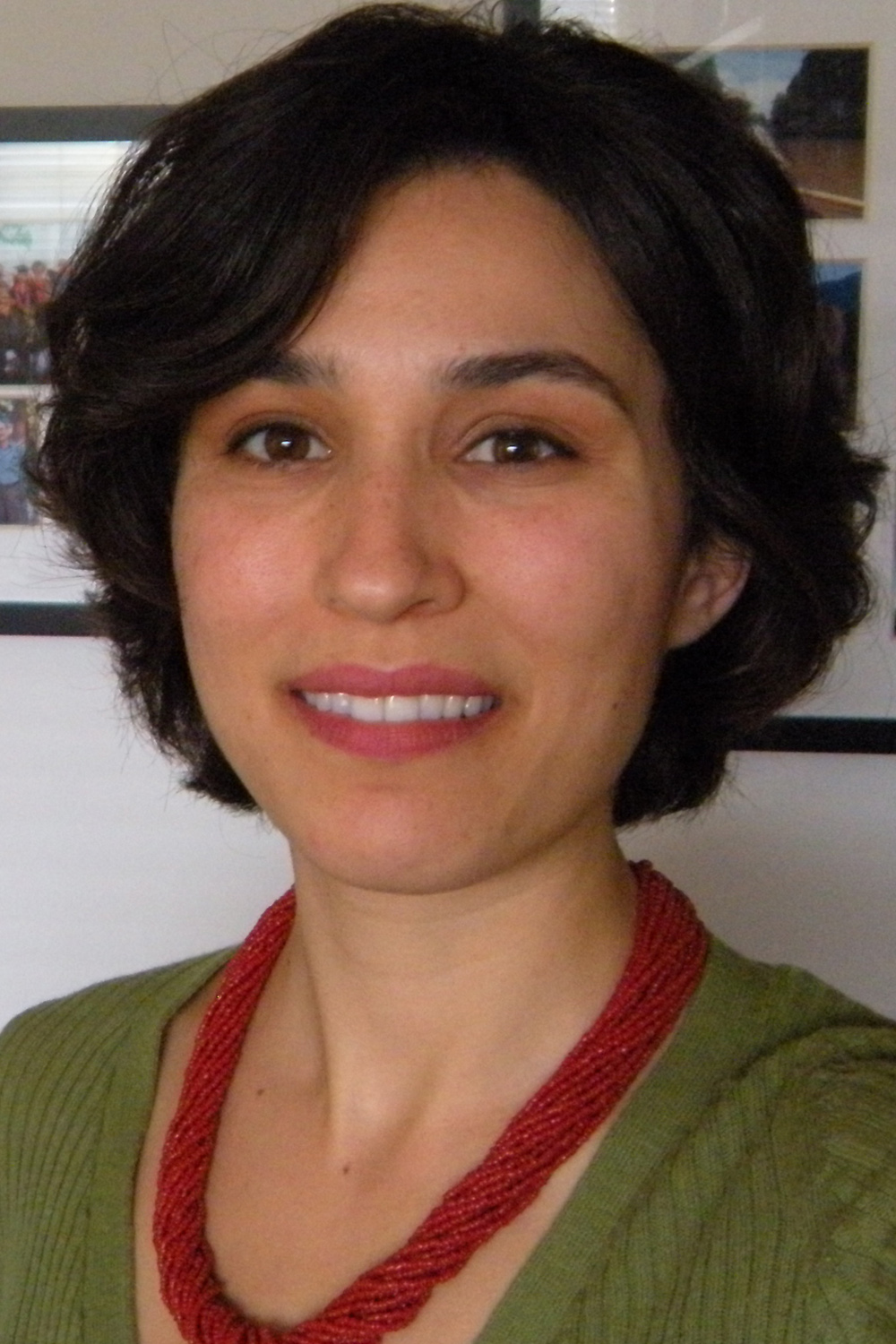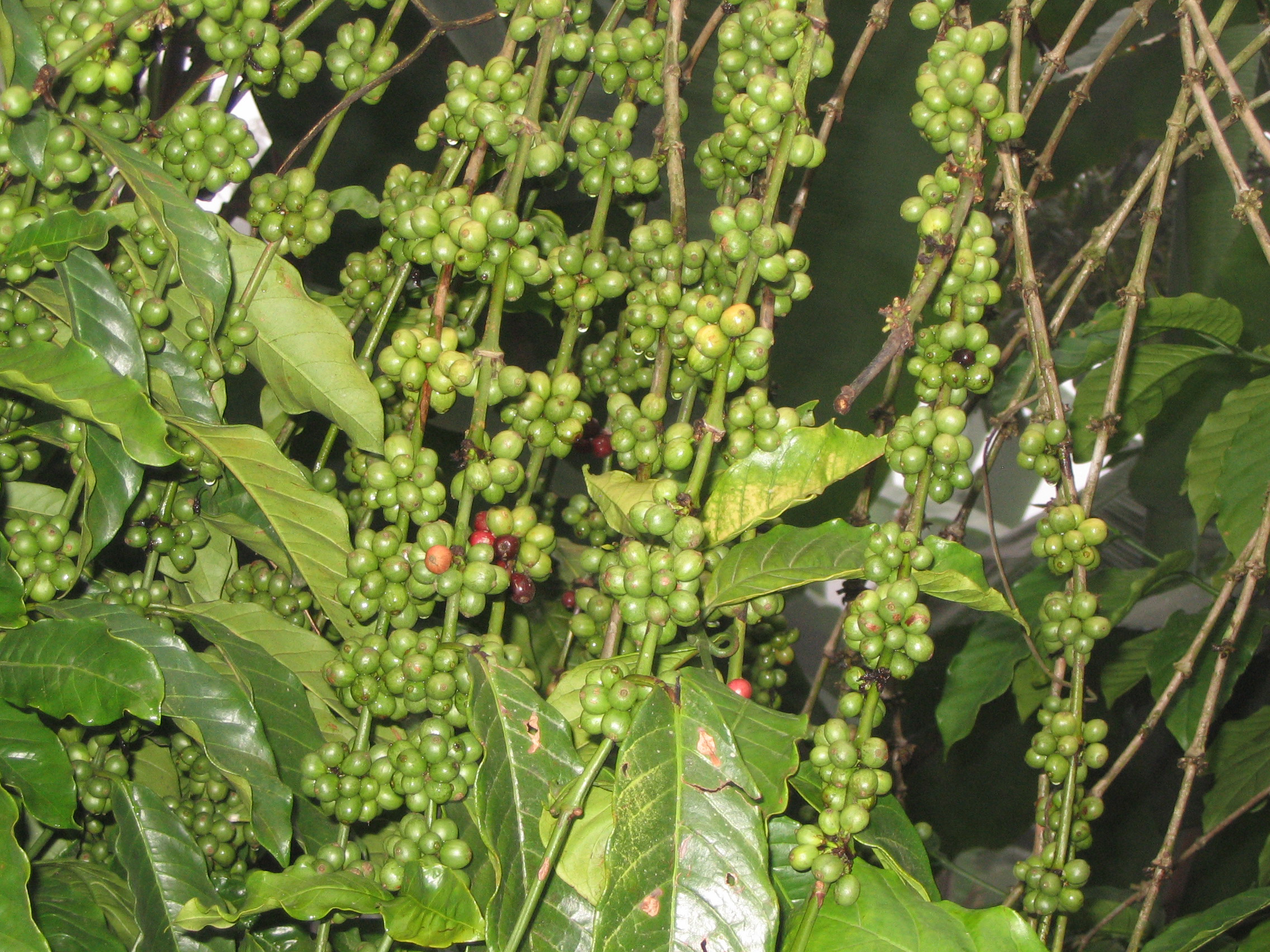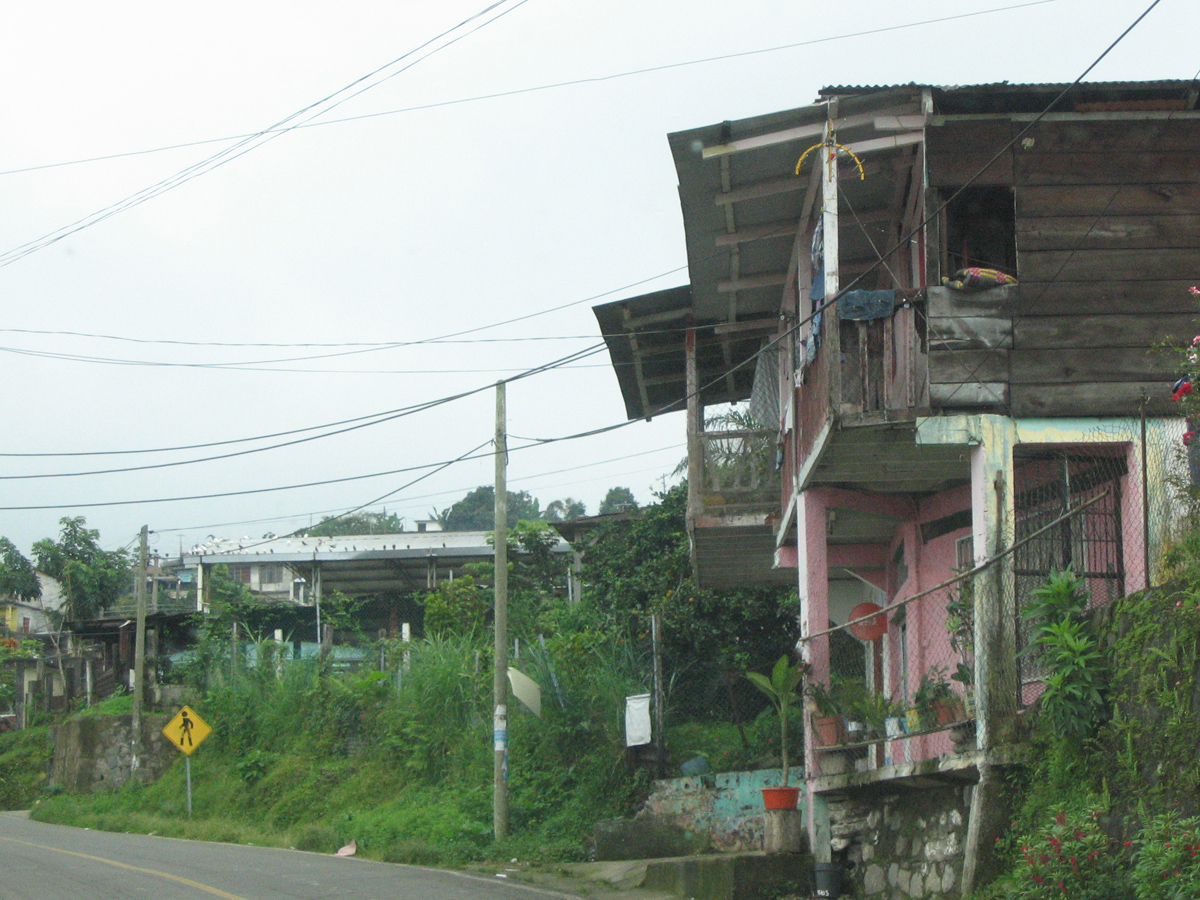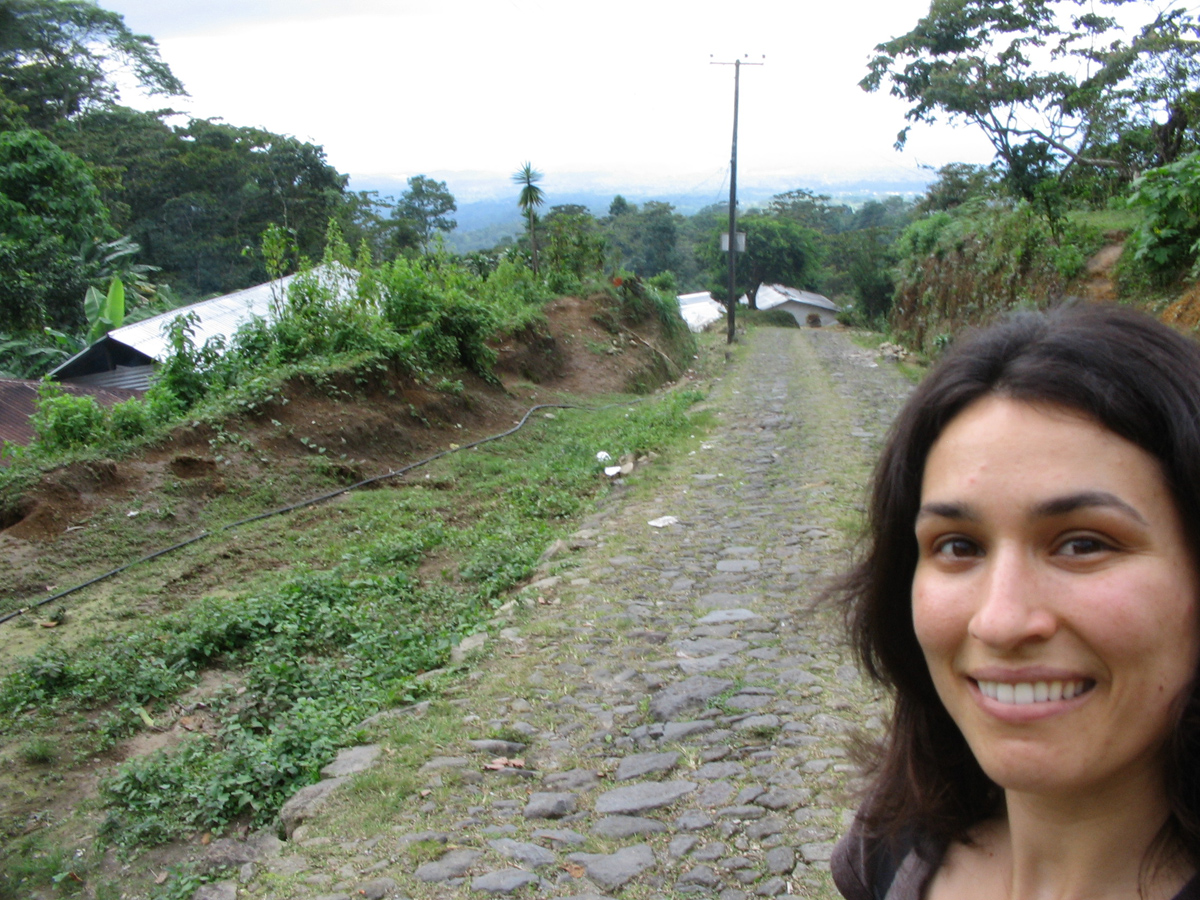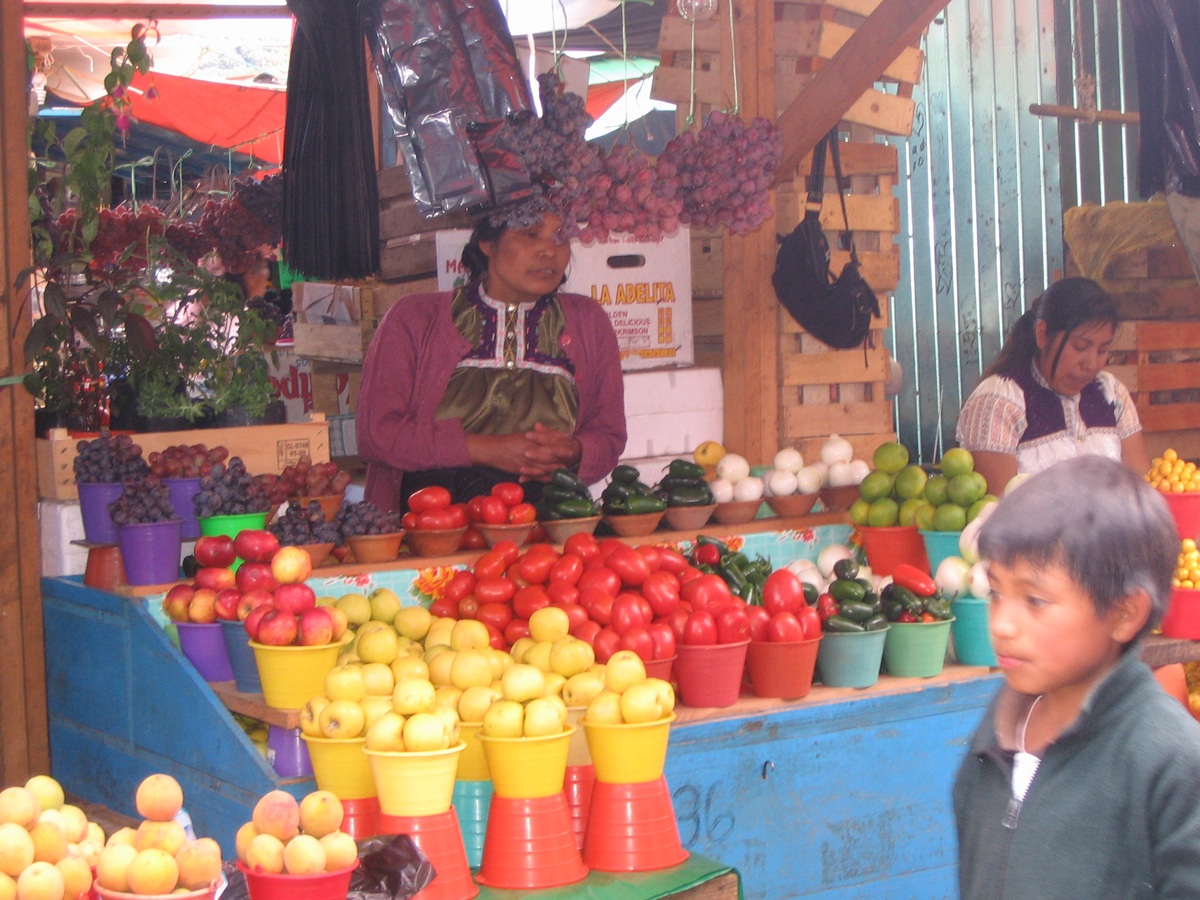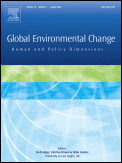Alumna Elisa Frank (MA 2009) recently contacted the Department to let us know that an article she developed from her MA thesis has been published in the prestigious journal Global Environmental Change. Elisa shares both her research and her research experiences with us, as follows:
While a master’s student of Dr. Hallie Eakin and Dr. David Lopez-Carr, I became interested in Hallie’s work on human adaptation to climate change. She and some of her colleagues were working on a project relating to coffee producers in Mexico and gave me the opportunity to conduct a related case study in Chiapas, as well as use some of their survey data. I spent two months traveling, exploring, getting lost, getting found, and being extremely stressed, very humbled, or completely awed by the natural, cultural, and personal features and encounters I experienced. I started my work in the northern city of San Cristobal de las Casas and tried out my interview protocols in the indigenous municipality of Jitotol only to find that they were not appropriate to this population. After a mild meltdown and several rewrites of my interview protocol, I regained my composure and moved to the southern city of Tapachula where I began interviews in the municipality of Cacahoatan. These were very successful, and, with the help of Don Joel, a researcher from ECOSUR, I spent many days driving up the winding road into the mountains to interview coffee farmers.
A few interviews were particularly memorable. One was with a small, timid farmer who sat on a stool in his front yard mending a worn leather shoe. Not once during the interview did he lift his eyes from the shoe or utter more than the fewest words needed to answer my questions. Meanwhile, a large piglet ran about the yard around us, making earsplitting squeals! After another interview, Don Joel and I got stranded at the farmer’s house by a sudden downpour. The farmer invited us to have lunch with him, so we sat in his kitchen where his wife was making handmade tortillas while little yellow chicks darted in and out from under the table. As we ate a delicious soup with unidentifiable pieces of meat, he suddenly chuckled to himself and said “Who would have thought I’d ever be eating lunch with a gringa!” Another interview took twice as long because, between each question, the giddy farmer kept telling jokes and anecdotes at which he doubled over from laughter each time! I was amazed by the hospitality and generosity of each family who, despite their poverty, offered food or coffee prepared from their own harvest, along with good spirit and encouragement.
I also spent some time in the city visiting coffee organizations to interview some of their leaders and technical advisors. It was very challenging to navigate such new environments alone and obtain the information I needed, but I was satisfied with the outcome I had achieved and finally was able to take some time to relax and travel at the end of my stay. Chiapas is a colorful place with tropical forests, delicious food, and joyful music.
Upon my return, I began analyzing my interview data along with selected variables from the survey data provided by Dr. Eakin and her colleagues. My aim was to explore social identity theory and motivation theory in the context of farmers’ decisions to adapt or not adapt to climate impacts and climate change. I noted significant themes relating to social identity and hypothesized that this, in turn, influences perception and, ultimately, motivation to adapt. I completed my thesis and received my master’s degree in Fall 2009, after which my co-advisors encouraged me to develop the thesis into a journal article. I was happy to have their input, and, after many drafts (but, thankfully, relatively painless reviews), the article titled “Social Identity, Perception and Motivation in Adaptation to Climate Risk in the Coffee Sector of Chiapas, Mexico” was accepted for publication in the journal Global Environment Change. The final version was recently published and can be accessed here.
It is increasingly acknowledged that social and cognitive aspects of human adaptation to environmental change deserve attention in addition to economic and resource factors. With this consideration at its core, our paper offers an enhanced theoretical framework with which to approach work in this field. It is very exciting and rewarding that my research will be shared at this scale and, hopefully, be a constructive reference for those in related areas of research. I am very grateful to Hallie and her colleagues for the fieldwork opportunity and access to their data, the UCSB Geography Department, and all those who helped me along the way.
Elisa is now Managing Director of Holigent.org, an independent think tank and nonprofit organization with a focus on global sustainability. You can learn more at www.holigent.org and find her in the Human-Environment Dynamics lab 4840 where she works part time as a research associate.
Editor’s note: According to “Journal Citation Reports,” the journal Global Environmental Change is ranked 3/66 in Environmental Studies, and, according to the ISI journal rankings for 2008, released in June 2009, GEC has an impact factor of 3.9 which places it near the top in the three categories where the journal is listed: Ranked 9th of 163 journals in Environmental Sciences; 2nd of 58 journals in Environmental Studies (Social Science), and 2nd of 51 journals in Geography.

